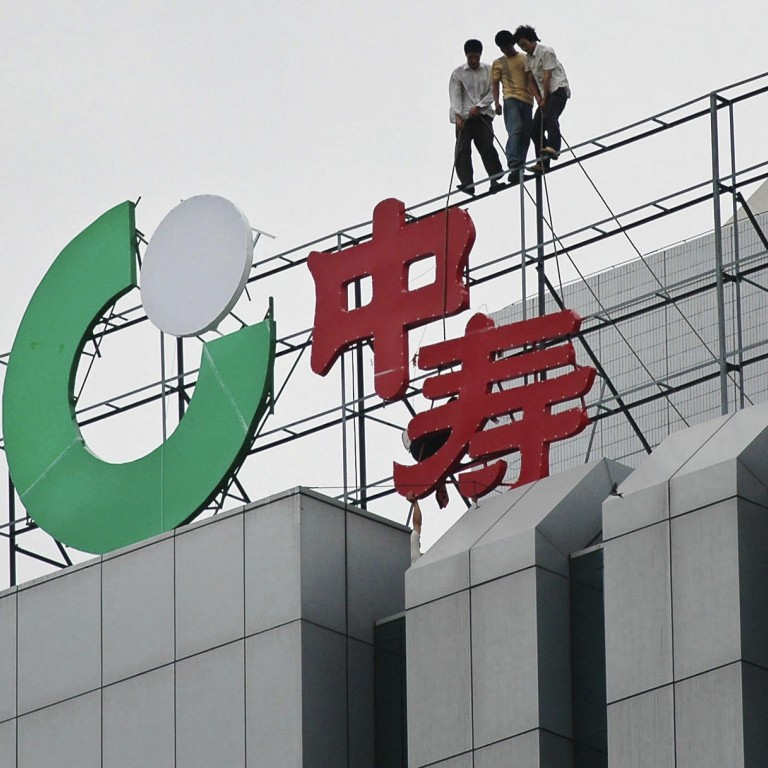
Time to buy Hong Kong, China stocks again, Goldman Sachs says
Goldman Sachs says the Hang Seng Index will be one of the region's best performers next year
Investors who sold Hong Kong and mainland equities in June should consider buying again, with resilient earnings growth expected to make the local benchmark one of the best performers in the Asia-Pacific next year, said Goldman Sachs.
The Hang Seng Index is expected to rise 12 per cent to 25,500 points a year from now, said Goldman strategist Kinger Lau yesterday. It would make the index the second-best in the Asia-Pacific (excluding Japan) after Singapore.
Mainland firms would be the key growth driver, in particular insurance companies whose shares are expected to have 22 per cent gains from the current level, according to Lau.
Hong Kong banks, excluding HSBC, would be the only sector that would see negative earnings growth next year, with profit estimated to fall 12.5 per cent year on year, according to Lau. Shares of local banks are likely to increase 7 per cent on average on low valuations over the next 12 months.
The Hang Seng Index, which plunged as much as 16 per cent from May 20 to June 24, has recovered all the losses from the summer. The benchmark is 5.3 per cent up so far this year.
But the picture is not all rosy, with Hong Kong equities facing dual macro headwinds that posed risks, Lau said.
On the one hand, the city, whose currency is pegged to the US dollar, is exposed to rising interest rates in the US, which is widely expected to start tapering its bond purchase scheme next year.
That could lead to a slump in property shares, a sector that is expected to contribute 31 per cent of earnings growth for the MSCI Hong Kong next year, according to Goldman.
On the other hand, lower potential growth on the mainland might put Hong Kong in an unfavourable macro position, he said.
Eliza Liu, an economist with CCB International Securities, expects systematic reforms after the Communist Party holds its third plenary session from November 9 to 12.
Beijing is likely to introduce yuan convertibility and open up its capital account within a limited scale next year.
Meanwhile, it is likely to launch a deposit insurance system next year before further liberalising deposit rates.
On the price deregulation side, the government would carry out reforms in gas, electricity and water prices next year.
For example, the government could extend gas price reforms to more provinces, which could result in more gas price increases, Liu said.

